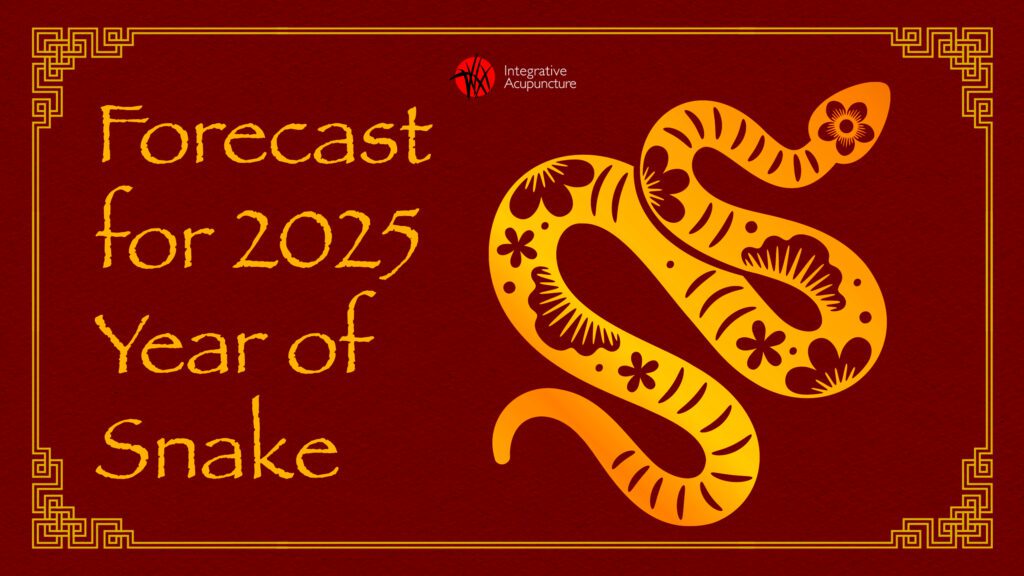One of the first and most important steps in healing is getting enough sleep every night for the body to do its internal restorative work. In Traditional Chinese Medicine (TCM), it is understood that the yang energy keeps our minds and bodies busy during the day, and then goes internal at night. This helps our bodies to go through a deeper detox and repair. Yin then takes over, allowing us to rest our conscious minds and shut down muscle activity. This yin/yang trade-off, when working in balance, is the very foundation of good health, according to TCM.
The nature of yin is cool and calm. It is associated with quiet, darkness, stillness…all soothing feelings you melt into when truly resting. A body in a yin state will slow its heart rate and metabolism. This relates to the parasympathetic nervous system in bio-medicine. Its main purpose aligns with yin: to keep us calm and conserve energy. The sympathetic nervous system is what switches on our fight or flight response and is more correlated with yang. Yang is expansive, stimulating, warming and gets us moving. In general, yang is more accessible during the day, while yin dominates the nighttime.
Sleep disturbances are one of the main manifestations of excess yang and/or not enough yin. In order to correct issues like insomnia, we need to look at how we are living in accordance with that natural balance.
Here are 6 ways you may be throwing off your sleep cycle:
1) Ingesting Too Much Yang:
Before bed, or in general, spicy food, alcohol, and stimulants can disturb sleep. Spicy food and alcohol causes heat in the system, which creates excess yang in the body. Too much coffee also keeps yang stuck at the surface to be available for activity. Even just having a large meal before bed can prevent the yang energy from going deep in the body at night.
2) Too Much Activity/Excitement:
Yang is needed deep inside the body at night, so don’t hold it hostage with outward energy requirements. Stop exercising at least 90 minutes before bedtime. This allows endorphin levels and body temperature to return to levels that are conducive to sleep. Try not to argue before bed, or even get too excited. Give yourself time to wind down & transition.
3) You need to Cool Down:
Literally. Yin is associated with coolness. To invite your yin to come out at night, keep the bedroom temperature between 60-67℉.
4) Too Much External Stimulation:
Lights, especially blue light from television, phone, and computer screens prevent melatonin release in the body, making it harder to fall asleep. If you choose to use a screen before bed, wear blue blocker glasses. Also, yin time should be quiet time, so turn off the tv and any sources of noise that can disturb the peace.
5) Too Much Stress, Not Enough Rest:
We live in a yang-obsessed world. This creates stress as many of us are over-worked and over-stimulated, while not always having time for a healthy self-care practice (meditation, walks, etc). This leaves us with a restless mind (‘disturbed shen’ in TCM terms), and can keep us lying in bed exhausted, but unable to sleep. The challenge is to resist the modern day pressure to keep up and create more self-care time to support a more balanced lifestyle.
Finally, consider the..
6) Feng Shui of the bedroom:
A Feng Shui specialist can analyze the yin yang balance in your bedroom. For instance, the bed should be opposite the room’s door, but not directly in line with it (this is called the command position in feng shui). The headboard should be against a solid wall with balanced night tables on each side. It is also important to keep the area under the bed clear–not for storage. Many people find simple feng shui adjustments can have a perceptible effect on their sleep and wake cycles.
In addition to these considerations for improving sleep, don’t forget the value of relaxing into a healing state on the acupuncture table. Acupuncture is a cost-effective self-care tool and can help reset your yin-yang balance for better sleep and overall health. Contact us with any questions or schedule an appointment online!








